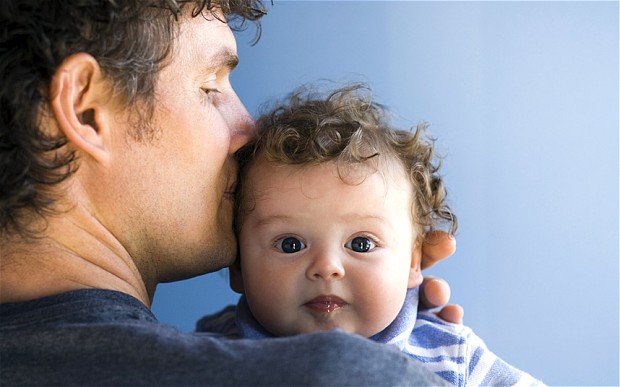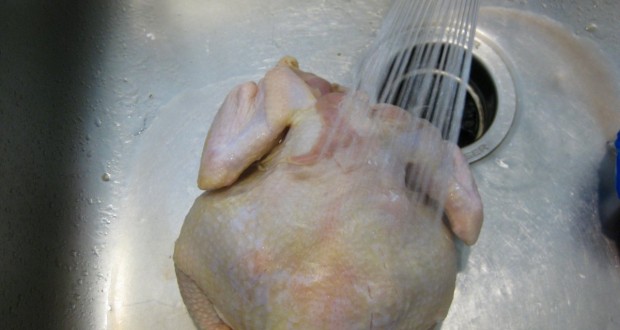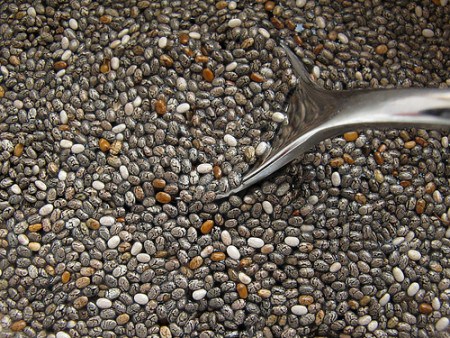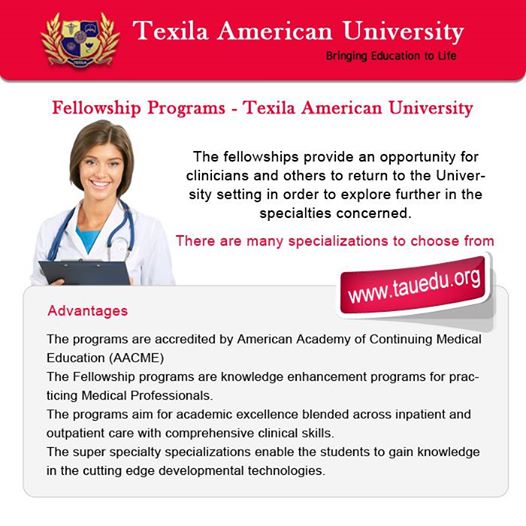
Penelope Leach, a psychologist and one of Britain’s best known parenting experts, has claimed young children can be ‘damaged’ by splitting their time between their parents if they are separated
Separated parents who share the care of their young children and allow them to stay overnight at both of their homes are damaging them, a parenting expert has claimed. Penelope Leach, one of Britain’s leading childcare experts, said shuttling children backwards and forwards between two homes and allowing them to ‘sleepover’ with the parent they do not normally live with can affect the development of their brains. Her comments have angered fathers’ rights groups as children usually stay primarily with their mothers when their parents divorce or separate.
Ms Leach, a former president of the National Childminding Association who has written a number of books about caring for children, says allowing under fives to spend a night with one parent when they primarily live with another creates “unhealthy attachment issues.”
She also claims in her latest book, Family Breakdown, that there was “undisputed evidence” that a period of separation from the parent they normally live with – typically their mothers – can adversely affect a child’s brain development.
She argues that “When people say that it’s ‘only fair’ for a father and mother to share their five-year-old daughter on alternate weeks, they mean it is fair to the adults – who see her as a possession and her presence as their right – not that it is fair to the child.”
Ms Leach said when lawyers bid for their client to have overnight access with their young children they are ignoring evidence about the distressing and damaging impact on the child.
Leach said the rights of the child must always outweigh those of the parents and added: “It can be damaging to the child to divide time equally between the parents.” Ian Maxwell, from Families Need Fathers, told the Independent on Sunday that society had moved on from classic attachment theory when bonds between mother and child were seen as the strongest.
He added: “The bond between fathers and children is just as important and we would question the evidence Ms Leach is citing for the primacy of the maternal bond.” He said her argument did not accord with common sense was described her claims as “worrying.”
Leach has previously drawn criticism for her previous bestselling book, Your Baby & Child: From Birth to Age Five, published. In this she claimed only mothers could care properly for their children.
She has also attracted controversy after she claimed scientific evidence showed that leaving a baby to cry could affect the development of its brain and make it prone to anxiety in later life.
It comes as a think tank suggested that working fathers should be given the chance to play a bigger role in early parenting, through an entitlement to four weeks of paid leave following the birth of their child.
The IPPR argues that this doubling of the current paternity leave entitlement of just 2 weeks should be combined with a doubling of the level of pay and paid at least the national minimum wage.
They claim that more than 400,000 working dads a year would benefit.
Only 55 per cent of fathers take the full 2 weeks off work when their child is born and one third of eligible fathers do not take any of their statutory leave at all. Most state this is because they can’t afford to take the entitlement.
The proposed 4 weeks of paternity leave would be a period of leave specifically for fathers that cannot be taken by mothers. The IPPR also argues that working dads should also be able to get twice as much paid time off to go with their parenters to hospital scans and midwife appointments.
Kayte Lawton, IPPR Senior Research Fellow, said: “New parents need time away from work to care for their young children, and to strengthen their relationship with each other at what can be a hugely enjoyable but also very stressful time. However, this is often difficult for fathers because they have limited entitlements to paid leave, and so they often assume the role of breadwinner while their partner is on maternity leave.
“Fathers who take more than a few days off around the birth of their child are more likely to be actively involved in raising their child than those who do not. Fathers’ greater involvement in family life can make it easier for mothers to return to work after taking maternity leave, which helps to raise the family’s income and lessen the impact of motherhood on women’s careers.”
Source: The telegraph




















